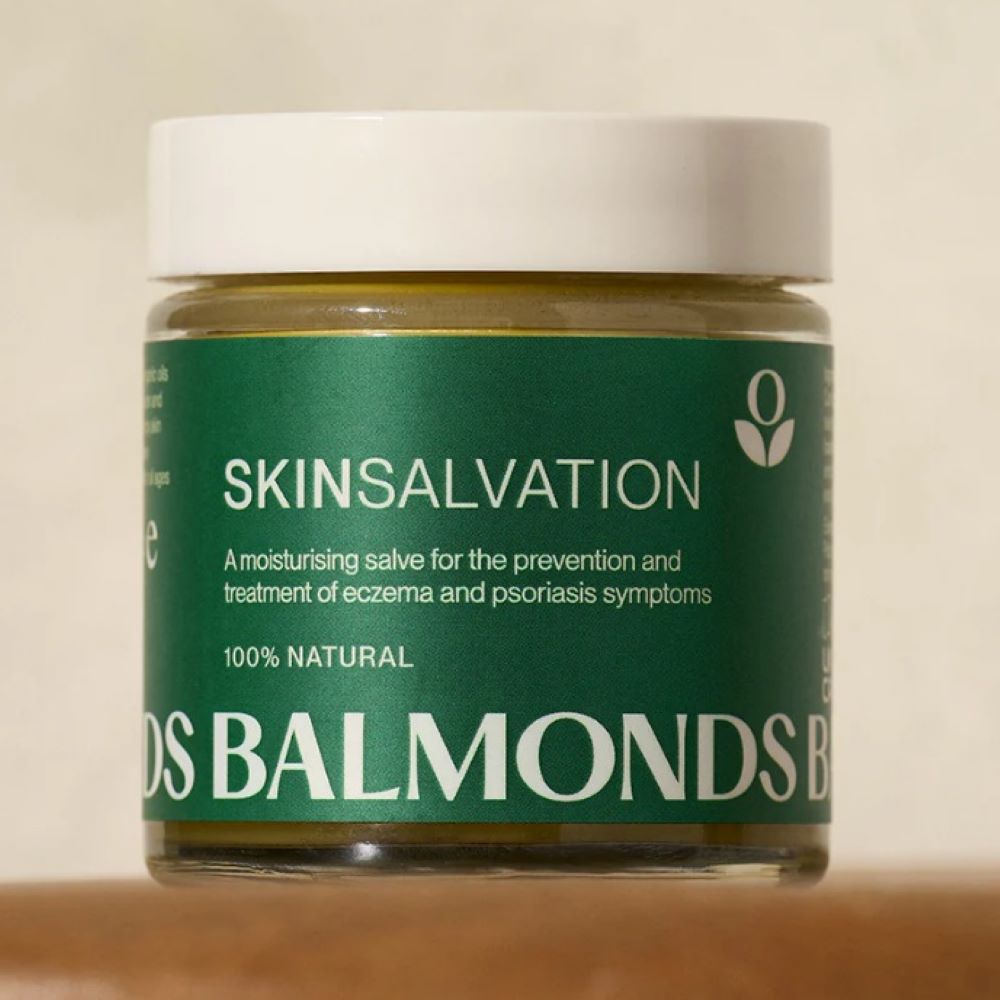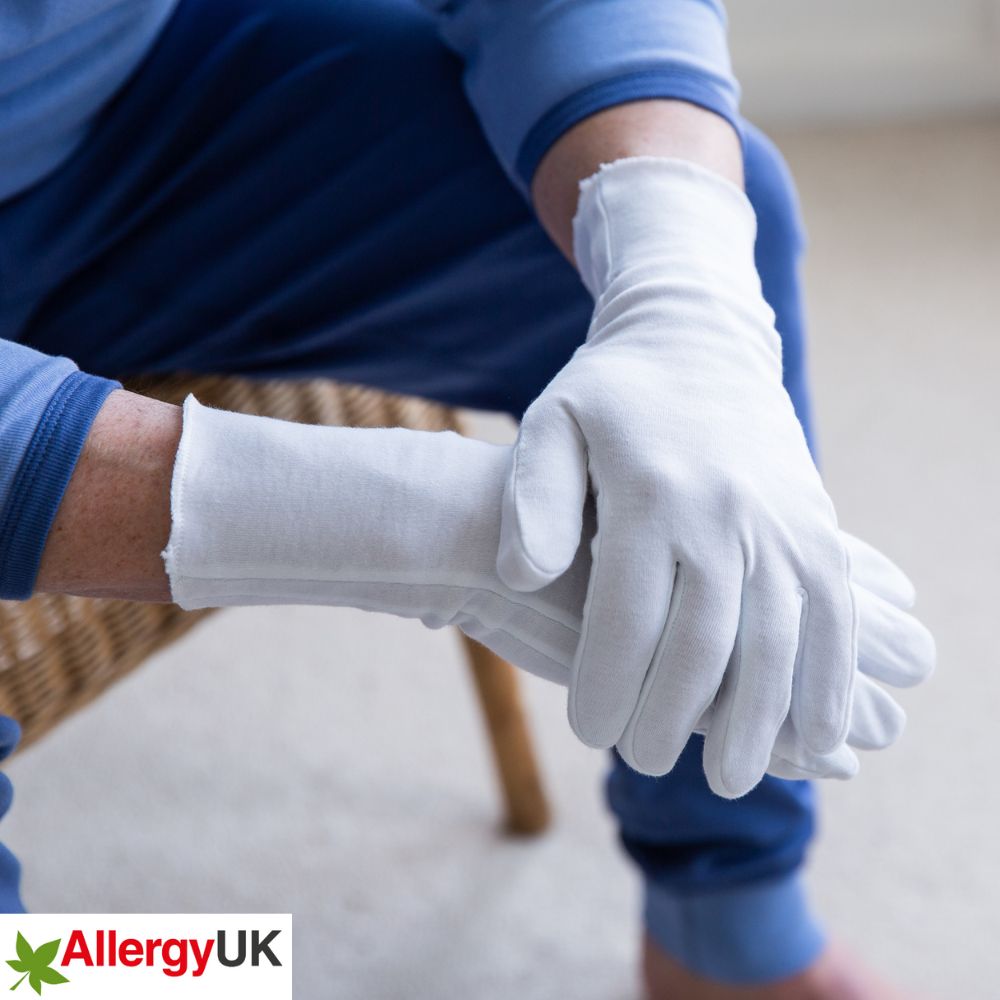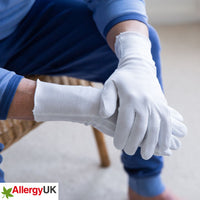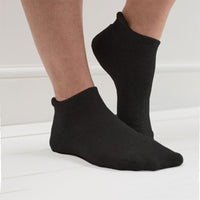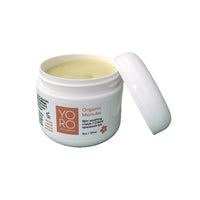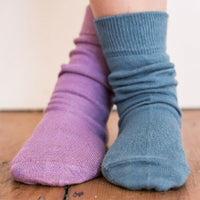
You are what you eat
You are what you eat
When it comes to eczema sometimes going with your gut instincts really is the right decision. Here Anita Chakraverty looks at ways food can have an impact on your eczema, whatever your age.
Steven, aged 50, is convinced that changing his diet made a big difference to his eczema, improving the dry, cracked hands and fingers he has suffered from for most of his life. “Dairy and citrus seems to make it worse,” he says. “It was definitely better when I was vegan, not 100 per cent, but it was an improvement for 20-odd years. It’s definitely got worse since I restarted dairy, but I missed cheese too much.”
He is not alone in believing that diet affects his medical condition. The idea is becoming increasingly popular, with celebrity influencers such as “Deliciously Ella” Mills showcasing startling health benefits from overhauling their diets.
Dietary factors that may affect eczema

- Foods that commonly cause an allergic response – some of the most common are milk, eggs, citrus fruit, nuts, soy, fish, shellfish and gluten. Yeast and processed foods have also been linked with eczema and some people have reactions to peppers, potato and tomato (which are in the same family of plants). Identifying and eliminating any foods should be done in consultation with a doctor, particularly in babies and children for whom altering diet is an important decision.
- Good quality probiotics and prebiotics – can help encourage diverse and useful gut flora.
- Sugary foods – can lead to a spike in insulin levels, triggering inflammation.
- Omega 3 – found in oily fish and chia seeds, walnuts and flax, can improve skin health and reduce inflammation.
- A Mediterranean diet - rich in wholegrains, brightly coloured fruit and vegetables could improve intake of flavonoids and quercetin and have an anti-inflammatory effect.
- Water – simply drinking more fresh water can have a very positive effect on your skin
Food books

For eczema, it has become a major industry of diet, detox and cookbooks, with extensive studies in the field and in excess of 700 scientific research articles published so far. So it is perhaps no surprise that people with eczema in particular are turning to diet as a key aspect of their search for a long-term solution for what can feel like an endless cycle of medication.
“I’ve used Betnovate and hydrocortisone cream since I was a kid and it always took away the rashes, the itchiness, but it became a dependency in a way, I always needed to have it on the go,” explains Steven. “I’ve also used E45 products over the years—face wash and shower gels and moisturisers—they seem OK and it’s good to have a non-soapy facewash to keep the moisture in but I’ve always wondered if there was a more sustainable solution.”
It’s now known that topical cortisol steroids (like Betnovate and hydrocortisone) are addictive and that they suppress symptoms rather than attending to the root cause. In addition, studies (e.g. Bath University) have shown they can result in skin thinning and a reduction in immune system function. Petrochemical topical applications (like E45) were developed as a soap substitute and while they offer temporary protection they can cause longer term damage and have a drying effect on the upper skin layer.
Avoiding potentially allergenic food such as eggs, gluten, soy, nuts and dairy has frequently been touted as a possible way to attend to the root cause and alleviate eczema, with studies showing many with the condition having elevated levels of antibodies in their system suggesting an allergic response of some kind. Eating oily fish and other foods rich in omega-3 fatty acids has similarly been suggested as beneficial for skin health, as has cutting out sugary food to avoid an inflammatory response by the body.
Unfortunately, there is no simple answer according to paediatric allergy specialist Thomas Marrs, from Guy’s and St Thomas’ NHS Foundation Trust in London, England.
“Foods can sometimes contribute to worsening eczema,” he acknowledges, but adds “it is not usually the main reason [for] its development in the first place”.
He explains: “Some foods can have an irritant impact on established eczema, although the mechanism is unknown. For example, spicy foods, colourants, chocolate and cocoa can all irritate eczema. If eczema is around the mouth, acidity in fresh tomato, citrus and tomato ketchup often makes facial eczema flare, but it is not likely to be an allergy.”
According to Hannah Pearson, a highly reputed natural health and wellbeing practitioner, irritation in the skin can often be an indication that the body is in healing and cleaning mode. The human body has natural self-regulatory systems for day-to-day excretion, renewal and repair. This includes major organs which aid the natural removal of toxins from the body. Along with the largest organ, which is the skin, the liver, respiratory system, kidneys and lymphatic system all play a major role in detoxification. Hannah believes that to resolve eczema and other skin conditions it is helpful to take into account the whole picture of physical and emotional wellbeing and environmental impacts and attend to the root cause of skin irritation rather than just treating the topical symptoms.
Baby food

A great deal of scientific research revolves around trying to protect babies from eczema, whether it is investigating the installation of water softeners into hard-water areas or trying to develop probiotic skin creams.
No clinical trials have definitively shown that a baby’s diet can prevent the development of eczema but there have been interesting discoveries on the importance of micro-organisms in the digestive tract, collectively called gut flora or microbiota.
A recent study by Dr Marrs and colleagues in more than 1,300 breastfed babies published this month [Feb 2021] revealed that those with eczema in their first year of life had a higher relative abundance of a type of bacteria called Clostridium sensu stricto in their guts than babies who did not have eczema.
Interestingly, those born by caesarean section also had significantly less diverse gut microbes than others when they were 3 months’ old, possibly because they were not exposed to those from their mothers during delivery. Furthermore, the early introduction of allergenic foods such as cow’s milk, egg, wheat peanuts, sesame and cod accelerated bacterial diversity in the gut compared with exclusive breastfeeding.
The study suggests there may be a relationship between types of gut bacteria and the development of eczema and also indicates altering gut bacteria early on in life might cut the chances of eczema in babies who may be predisposed to it.
The findings also raise the question of whether trying to alter gut bacteria in adults with eczema could also have an impact. Good quality probiotics, which will need to be kept in the fridge (as others tend to be fairly inert), may help to encourage diverse gut flora and support the immune system, with strains of Bifidobacteria and Lactobacillus bacteria particularly beneficial. Food sources such as sauerkraut, tempeh, kimchi, miso and kefir can also help, while prebiotics such as onions, garlic and bananas may provide food for existing gut microflora.
Ultimately the jury remains out on how far these dietary changes can affect eczema and it may depend on the person and their individual condition. Nonetheless, recommendations to switch to a high-quality Mediterranean diet rich in fruit, vegetables, wholegrains and healthy fats, with limited meat and dairy, and choosing organic food where possible may be a prudent choice. For even if it doesn’t impact on eczema, the Mediterranean diet has been shown to reduce the risk of heart disease and organic food has been linked to other benefits and general well-being.
Anita Chakraverty specialises in medical journalism

